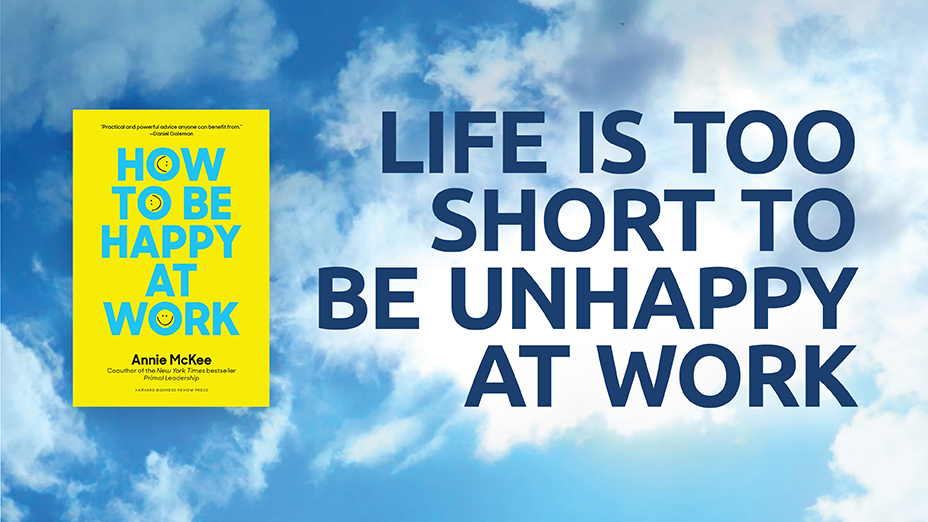At a point of feeling overwhelmed at work several years ago, I told my husband (only half-jokingly) I was going to leave my career to bag groceries at the store down the street.
I tried convincing him that the hypothetical cut to our income would be more than offset by the reduction in my stress level. He was unconvinced. “I support any decision you make,” he said to me, “but I know you would find the stress in that job as well.”
He was right. I wasn’t trapped in a high-stress job; I was trapped in a high-stress mentality.
Many female leaders share this mentality—striving for success but haunted by other thoughts. I describe this feeling using the question, “Did I leave the stove on?” This thought sparks the mild but persistent anxiety that we should be doing more, or that we are forgetting something important.
Even though many women burn the candle at both ends, it can be very difficult to admit we are struggling.
From a distance, it can seem as if others do not share in this struggle. They appear to make it look easy, seemingly relaxed and comfortable.
I previously tried to ignore this stress and guilt. I threw myself into my work because I believed that being perfect at my job would mean less stress. I assumed that striving for perfection was the least stressful path.
I gained valuable insight into how misguided this mindset was when I attended the Lee Hecht Harrison Elevating Women in Leadership (EWIL) workshop.
There were so many incredible women in the room who, I knew by reputation, were amazing at their jobs. I recall thinking, “I wonder what they will be able to get out of this workshop; surely they have this all figured out.”
What I learned was that we shared many of the same challenges, assumptions and fears. Hearing others’ stories allowed me to redefine my image of a leader.
Before the EWIL workshop, I did not realize I carried a stereotype of a successful female leader. Trying to measure up to this ideal kept me from fully embracing my own style and was another needless source of stress. Seeing successful female leaders embrace their own authentic styles allowed me to shatter this stereotype and concern.
I think we are slowly developing a different understanding of what “leadership” means. In the past, we believed leaders had to have all of the answers and drive all of the corporate results. How the work got done did not matter, so long as it got done.
Today, it’s all about networking. You don’t need to have all of the answers. In fact, you shouldn’t pretend that you have them all. But you do have to know where to go and who to connect with to get those answers. That’s what makes a great leader.
There are many different ways that women can demonstrate our unique value as leaders in today’s business world. Work life used to be all about job security. Most people planned to stay with the same company for their entire careers.
Today, people can and will change employers more frequently. That means companies have to work harder to keep their best employees and offer them much more than just job security. They need to provide a place where people want to show up for work day after day after day.
Data tells us people join companies but leave managers. As women leaders, managing teams is an area of strength. Women are generally more intuitive and are, in many instances, able to make better, stronger connections with our employees. That builds loyalty.
Recognizing this as a strength, rather than something that didn’t fit my old “leader stereotype”, has given me more freedom to trust my own gut and lead my people in a way that feels authentic to me.
To tap into the knowledge and experience of women, I recommend building your own community of female leaders simply by creating opportunities to share experiences with each other. It could be a group gathering or just finding one other woman at your company with whom you can speak candidly.
Finding someone you feel comfortable sharing your fears and challenges with is a huge asset that can help you make sense of your own assumptions and find solutions to the roadblocks between you and success.
One of the long-standing struggles I confronted at the EWIL workshop is a problem many women have: broadcasting our successes. Men don’t usually have the same problem. They talk about their successes casually in conversation, over lunch or in the coffee room.
"I wasn't trapped in a high-stressed job; I was trapped in a high-stress mentality."
Women, on the other hand, have this assumption that good work will speak for itself and that people will know when you’ve done a good job. Often women are passed over for leadership opportunities simply because they do not promote their own past successes and future ambitions as well as men do. Instead, we are more likely to invest the time advocating for our colleagues.
We all need to appreciate the differences in leadership, not just between men and women, but across the board. By being honest with ourselves and embracing our style, we can alleviate some of the unnecessary pressure we face and tap into the power of authenticity.
In other words, we’ll have one less “stove left on” in our lives.





.png)



What Did You Think?